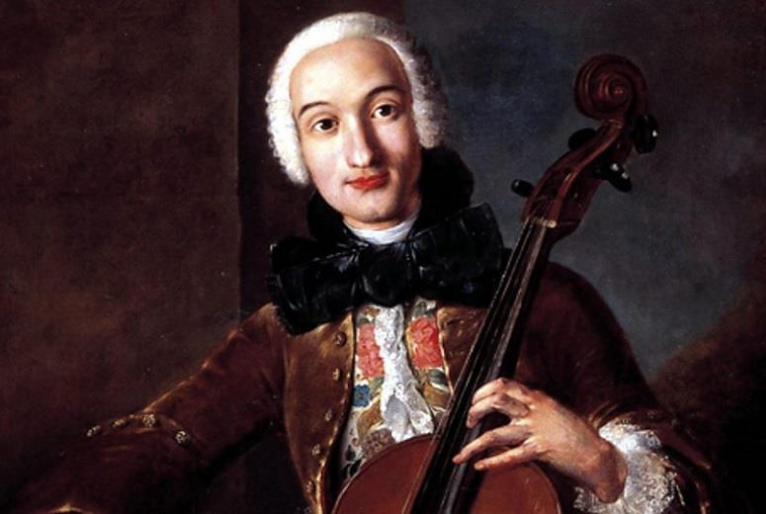Luigi Boccherini, an Italian composer and cellist of the Classical era, left an indelible mark on the musical landscape of his time with his innovative compositions and virtuosic performances. Born on February 19, 1743, in Lucca, Italy, Boccherini displayed an early aptitude for music, learning the cello from his father, a double bass player and composer.
In his youth, Boccherini honed his skills as a cellist and composer, eventually garnering attention for his remarkable talent. He traveled extensively throughout Europe, showcasing his prowess as a performer and gaining recognition as a composer of exceptional ability.
One of the defining aspects of Boccherini’s music is his mastery of the cello, which is evident in the rich, expressive melodies and intricate passages found throughout his compositions. His works often feature the cello prominently, highlighting its lyrical qualities and technical capabilities.
Boccherini’s oeuvre encompasses a wide range of genres, including chamber music, symphonies, and concertos. His chamber music, in particular, is highly esteemed for its elegance, charm, and refinement. Pieces such as the String Quintets and String Quartets showcase his gift for melody and his skillful handling of ensemble writing.
Throughout his career, Boccherini enjoyed the patronage of various noble families and aristocrats, including the Spanish court, where he spent a significant portion of his life. His association with Spain profoundly influenced his music, leading to the incorporation of Spanish folk elements and rhythms into many of his compositions.
Despite facing personal and professional challenges, including financial difficulties and the loss of his first wife, Boccherini continued to compose prolifically, leaving behind a legacy of over 600 works. His music fell somewhat into obscurity after his death on May 28, 1805, but experienced a resurgence in popularity in the 20th century, as musicians and audiences rediscovered the beauty and brilliance of his compositions.
Today, Luigi Boccherini is remembered as one of the most important composers of the Classical era, admired for his technical skill, expressive melodies, and enduring contributions to the chamber music repertoire. His music continues to be performed and cherished by musicians and music lovers around the world, ensuring that his legacy lives on for generations to come.


Comments are closed